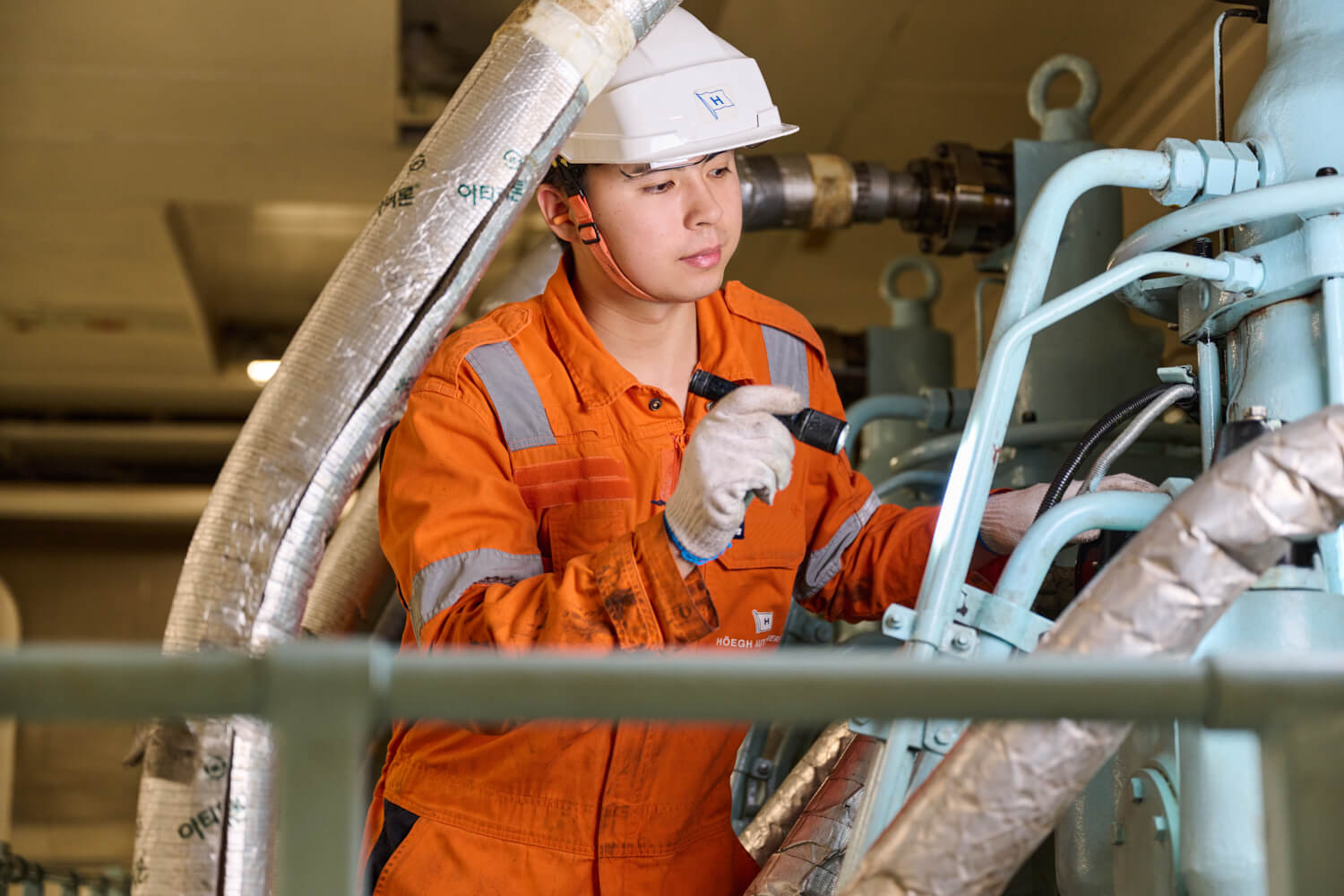
People
Occupational health & safety
To guide our work on minimising adverse social impact, we have a Health, safety, security and environment (HSSE) policy in place, covering all entities and employees of the Group. As we believe that all injuries and incidents are preventable, we do not compromise on our HSSE policy.
In 2022, the company was certified to have conformed to the Occupational Health and Safety Management System standard: ISO 45001:2018. In 2023 we had 23 first aid cases, 4 restricted work cases and 3 lost workday cases. Our target for 2024 and 2025 is to have zero casualties.
In offices and onboard vessels, we have organised safety committees that ensure that workers participate in all matters of importance for the maintenance of safe and healthy work practices.
In our continuous efforts regarding crew’s occupational health and safety, we always comply and adhere to the labour laws. We always arrange physical examination for all seafarers at qualified medical centre prior to their service onboard and provide briefing for safety onboard prior to sign them on.
Empowering our Seafarers through Upskilling
With a rich legacy in the maritime industry, we recognise that the ongoing professional development of our seafarers is not just essential—it’s fundamental to our operational safety, efficiency, and environmental stewardship.

Höegh Autoliners places a great deal of emphasis on the aversion of all types of incidents onboard.
During 2023, we have increased our focus on safety for our crew, and our focus on preventing incidents related to the use of power tools have resulted in zero (0) new incidents, and we are continuing to focus on proper safety awareness when using power tools as part of our campaign for 2024. During the year, the group experienced 10 LTIs (Lost Time Incidents). A Lost Time Incident is an injury to crew member, which affects the ability to work the subsequent shift on board. The Lost Time Incident Frequency (LTIF) of such injuries per million working hours was 1.66 in 2023. This is higher than our target of 0.7, and also a little bit higher than industrial standard target of 1.0. However, the incidents in 2023 were all categorised as minor, except one incident. we have recorded the following incidents:
- Back and leg injury due loss of control of a steel plate that during repair work.
- Splash of substance on the eyes
- Strain on leg muscles after extensive exercises
- Mooring line slipped, bosun injured and repatriated
- Chin injury as improper handling of grinding machine
- Sprained ankle when playing basket ball
- Mild electric shock when operating portable ventilator
- Finger injury due to finger caught between door and doorframe.
Crew repatriated and hospitalised. Outer limb of one finger amputated - Back pain due to improper lifting
- Lost balance during paining, fall causing shoulder dislocated
All except one is fully recovered by end December 2023, 1 crew had outer limb on finger amputated.
Improved sickness reporting was initiated in 2022 and we have continued the close dialogue with our pre-embarkation medical centres with focus on identifying pre-illness indicators. We achieved a Lost Time Sickness Frequency (LTSF) of 1.66 in 2023, significantly lower than last year’s figure, with none of the illnesses experienced were classified as serious. All lost time incidents and sickness cases are continuously analysed to minimise the number of cases in the future.
| 2023 | 2022 | 2021 | |
|---|---|---|---|
| LTIF | 1.66 | 1.01 | 0.79 |
| LTSF | 1.66 | 2.70 | n/a* |
| NAF | 46.72 | 9.28 | n/a* |
| Number of incidents per million working hours. * started reporting in 2022. |
Lost Time Reporting
LTIF – Lost time incident frequency
A Lost Time Incident is an injury to crew member, which affects the ability to work the subsequent shift on board. The frequency of such injuries is measured as number of incidents per million working hours.
LTSF – Lost time sickness frequency
A Lost Time Sickness case is sickness to crew member, which affects the ability to work the subsequent shift on board. The frequency of such sickness is measured as number of incidents per million working hours. We initiated this reporting during 2022, with no comparable number for 2021.
NAF – Near accident frequency
Near accident reporting is considered as the main tool to identify potential hazards and prevent hazards from re-occurring in the future. By analysing the root cause of near accidents, we are able to determine what is the basic cause of a near accident and we can implement actions to create barriers that will prevent the hazards from re-occurring.
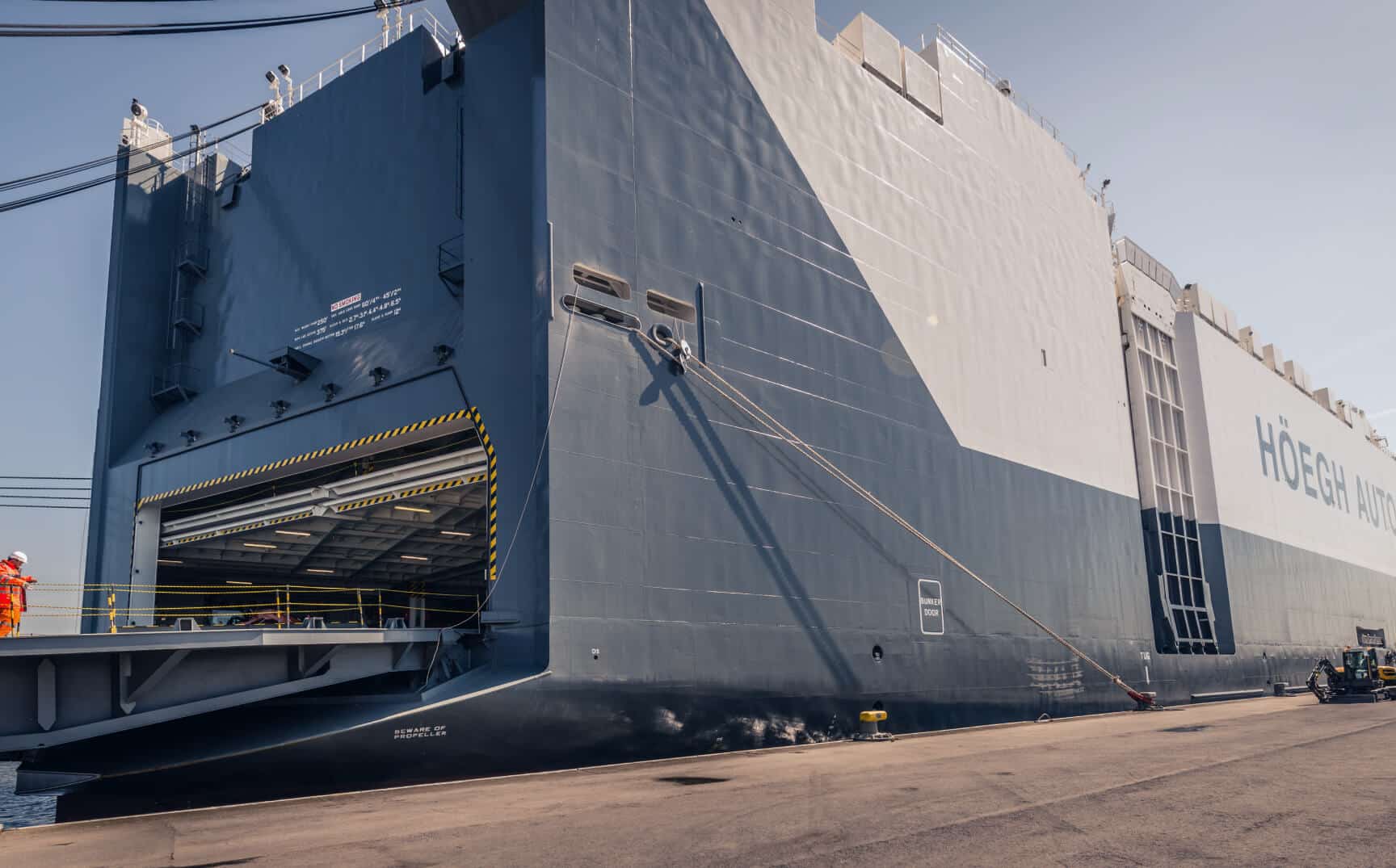
Employment
In 2023, our land-based employee headcount has increased by 69 additional positions, reaching 410 employees globally at the end of the year. Our employees coming from 24 different nations had an average age is 41 years, further strengthening our diverse population across the globe. We had 5 temporary employees who worked with IT and Operations project based on contractual employment set up. The total turnover rate for the year was 11.44%, with a voluntary turnover rate of 10.45%. Our target voluntary turnover rate is 10% using market references in our key locations some which have more mobile populations.
Höegh Autoliners adhere to local rules and regulations regarding parental leave so that both the primary caregiver and co-parents have the opportunity to take time off upon becoming parents, whether through a child’s birth, surrogacy, or adoption. Our global parental leave policy ensures that all employees are granted the opportunity to spend time with their new born or adopted child even when leave is not provided by the government. Temporary and part-time employees receive the same benefits as permanent employees based on local market requirements. The percentage of employees who stay in the company following parental leave remains at 100%, and we have maintained our flexible work arrangements across our offices. Our DEI work is focused on ensuring that we have working practices that cater to a diverse workforce to maintain that percentage. In Manila where we have the largest number of employees and 59% of the population being women, we worked towards increasing the paid maternity leave to six months (180 days) which is 71% increase from the government-mandated period. We recognise how important it is to provide longer paid maternity leaves to support maternal and child health, to foster work-life balance, and to further strengthen gender equality in our workplace.
In 2023, we continued our annual employee engagement survey using the same format and we have maintained the overall positive engagement score of 80%. The survey addresses range of topics including work-life balance, communication, leadership support, career development, and overall engagement. The results provided insights into how opportunities for learning and development as well as trust in senior management and leaders in general have increased engagement. To fulfil our ambitious strategy, we are committed to improving and nurturing our culture and developing people-centered initiatives.

Employee data related to illness and incident prevention
Our principles implemented during the pandemic have been continued, to apply caution and share responsibility in the prevention of illness. A global absence rate of 1.51% due to illness was recorded in 2023, which continues to be at a low rate as the previous year. HR and global leaders work together to follow up on absences as it is a complex area with significant variations from country to country. As part of our commitment to ISO 45001 certification, we carry out preventive activities to minimise sickness absences by offering health checks, promoting good health & safety practices, and following up on any concerns to improve. Reviewing the office set-up both ergonomically and considering new ways of working in a hybrid set-up has been part of this process.
Social sustainability
We take our corporate social responsibility seriously and have a continual focus on how we can provide our people with a safe, engaging, and fair working environment, culture, and employment.
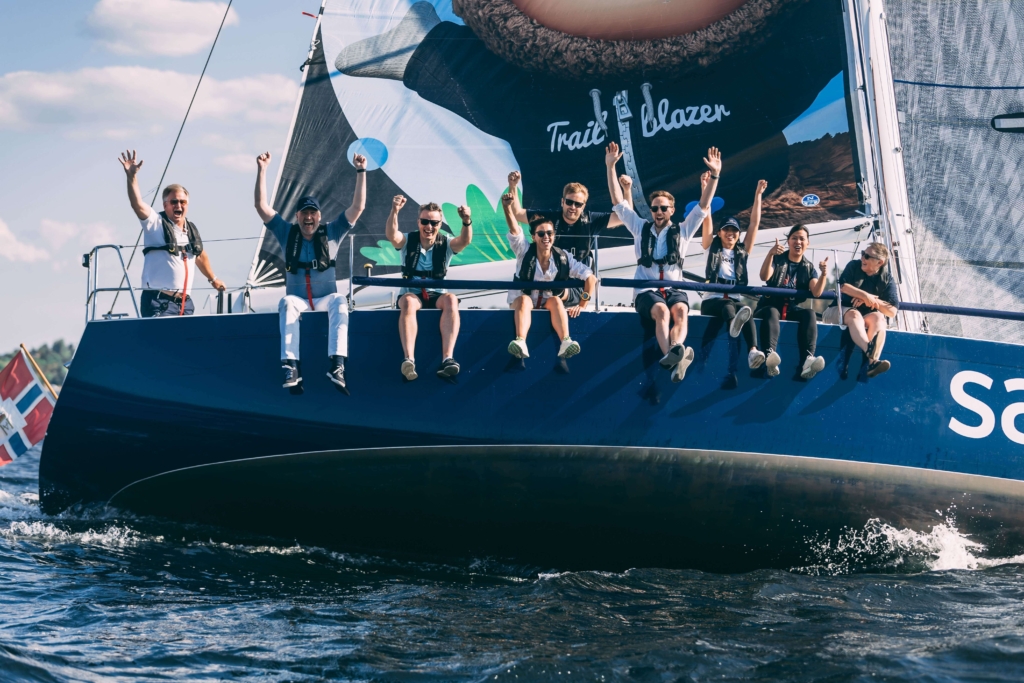
Human Rights
As part of our work in accordance with the Norwegian Transparency Act, we have conducted due diligence assessment focused on compliance with basic human rights and decent working conditions, based on a proportional and risk-based mapping of our internal employees, operations, and our supply chain. Audits have been conducted in shipyards and key ports in 2023, and discussions have been held regarding working hours and benefits, including social insurances and wages, which continue to be monitored.
As a result of the due diligence assessments, we will implement additional measures to prevent or reduce negative effects on human rights and decent working conditions within our operations and supply chains. Our human rights policy is integrated into compliance-related training and live events required for all to ensure familiarity and create a sense of security and confidence among our employees, knowing that their rights are protected. We believe that this is a continuous process that contributes to upholding human rights and raising awareness regarding human rights issues within our organisation. For more information regarding our due diligence work, please refer to our separate Transparency Act report published on our website.
Labour rights
Höegh Autoliners recognises our responsibility to ensure fair business practices in our value chain and direct supply chain. Our recent engagement survey results provided positive response in our commitment to respect labour rights in all our activities, and to assist our stakeholders in fulfilling their labour rights obligations. Throughout our Human Rights Policy, Code of Conduct, and other company guidelines, we recognise the right to collective bargaining, the elimination of child and forced labour, and the elimination of discrimination in the workplace. A due diligence assessment of human rights was continued in 2023, and our commitment is expected to continue and be followed up annually through 2025.
Freedom of association and collective bargaining
All crew and onshore employees are free to organise, and partake in Collective Bargaining Agreements and negotiations through labour unions.
At present we do not have collective bargaining agreements for onshore employees, but they are employed on local contracts with employment handbooks based on local legislation. This ensures that employees are able to secure fair wages and working conditions, and that they can access legal protections in accordance with local laws and regulations. It also reduces the risk of labour disputes and ensures that all employees are treated fairly. In addition, we have global policies which allow for a standardised approach in many areas related to working arrangements.
Our crew members are contracted but treated as fixed employees by the Company in all respects. Crew working hours are in accordance with the requirements of MLC, STCW, and CBA. In terms of training and succession, all crew members are equally able to participate regardless of their nationality or gender. The Company’s managed crewing office in China and the Philippines provides crew for the Company, with employment opportunities available to Chinese and Filipino crew.
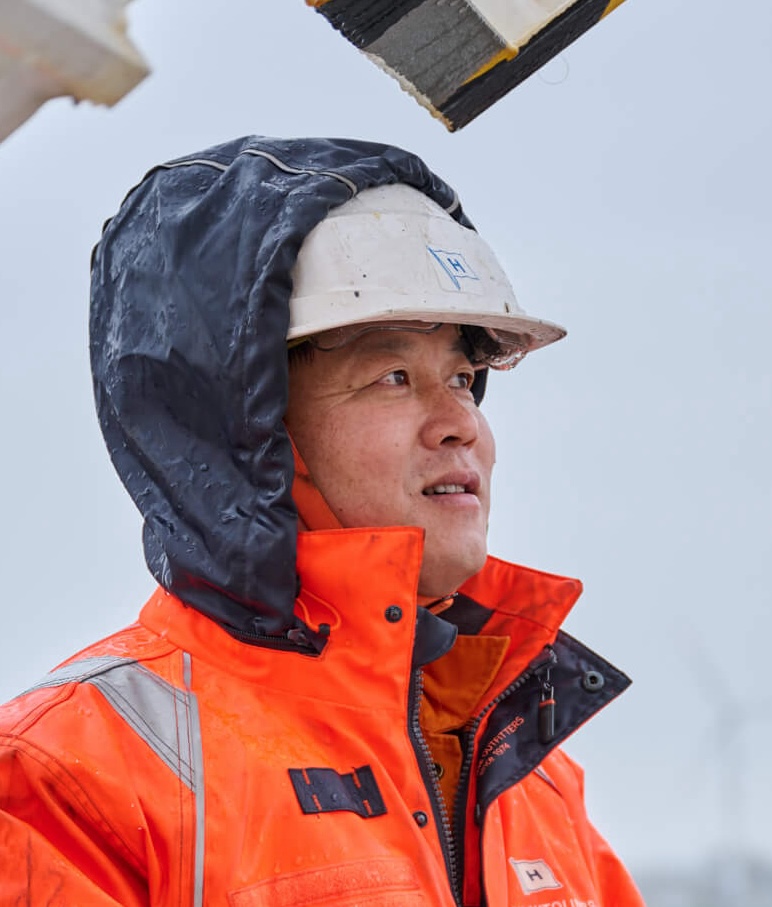
| Year | 2023 | 2022 | 2021 |
|---|---|---|---|
| Incidents of child labour | 0 | 0 | 0 |
| Incidents of forced or compulsory labour | 0 | 0 | 0 |
| Reports of breach in the socioeconomic compliance area | 0 | 0 | 0 |
Child labour, Forced and compulsory labour
We continue to have a target of zero incidents for child labour, forced or compulsory labour and non-compliance with laws and regulations for socioeconomic areas. The supplier assessment program covers child labour and socioeconomic compliance.


Diversity and inclusion
Our aim is to ensure that everyone at Höegh Autoliners feels valued and included for who they are and how they can contribute to our strategy and operations at the highest level. This is anchored in our people goals and our DEI statement designed to empower our people to be their best, with targets identified towards 2025. Our career opportunities are promoted globally, and our learning and development offerings are available to everyone. As a result of our recent engagement survey, we received high scores comparable to the 75th percentile global norm group regarding inclusion, growth and development, and safety. Please refer to our report on diversity and inclusion for more information here.
Höegh Autoliners adheres to a zero-tolerance policy with respect to harassment and discrimination at work. Our industry is inherently a diverse and international one, with business being conducted across nationalities, regions, and with employees coming from a range of diverse backgrounds. It is therefore essential to build a robust company by fostering diversity and inclusion. We use our Code of Conduct as our ethical compass, to guide our mindset and behaviour. In 2023, we implemented our own Human Rights Policy to set guidelines in preventing discrimination, harassment, and gender-based violence, with an associated whistleblowing system called “Speeki”. It is a confidential and anonymous platform to address and respond to complaints and incidents of violence and harassment. We are committed to regularly evaluating our procedures and our methods of working in order to identify any areas in which we may exclude certain groups directly or indirectly.
Nurture the development of our people
At Höegh Autoliners, we firmly believe that our people are our greatest asset. We ensure that every employee has the tools to thrive and contribute effectively through our comprehensive suite of learning offering.
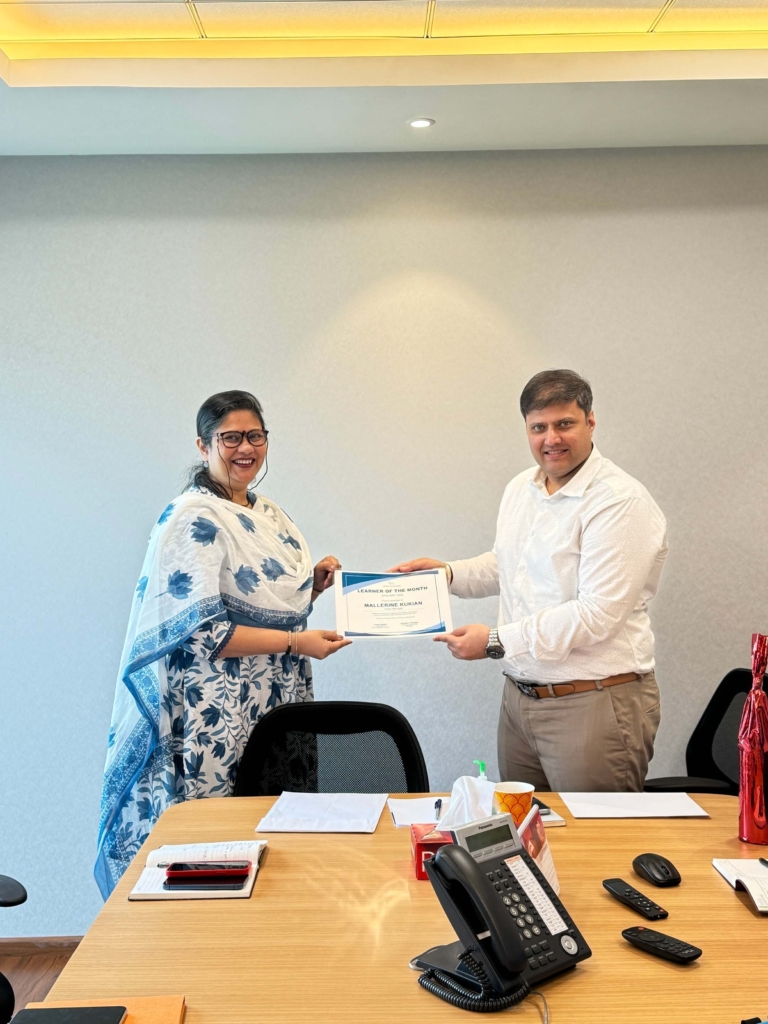
Risk analysis, targets, and progress
Recruitment
We have focused our recruitment efforts during 2023 to ensure a diverse pipeline to mitigate the risk of homogeneous candidate pool. Some related risks include:
- There has been a lower % of women candidates in historically underrepresented roles and departments such as Strategy, Information Technology, and Operations. Women seafarers make up a small percentage of our crew.
- We have identified a risk around training for hiring leaders for best practices related to interviewing guidelines, and to recognise and mitigate biases which may inadvertently contribute to discriminatory practices in the recruitment process.
- Internal communication regarding career opportunities has been continuously increased in order to promote internal mobility and equality of opportunity.
- We continue to develop our interview structure and upskill our leaders in recruitment.
- We actively strive to attract more women into crewing by offering equal opportunities.
- Recruiting and onboarding new employees is governed by a clear Diversity & Inclusion statement to ensure that our company values and principles are upheld throughout the process.
- 58% of new employees recruited onshore were women.
- We achieved a higher rate of women seafarers in 2023 than we had done in 2022.
- Increased representation of women in leadership roles globally.
- We achieved 13 successful referrals since the implementation of the Global Referral Program in the second quarter of the year, further expediting our hiring process while ensuring excellent quality candidates.
- The completion rate of bias awareness training has increased to 80% for hiring leaders, and we will continue to address unconscious bias at all stages of the recruitment process.
- Our goal is to develop more supporting resources for leaders to follow clearly described good recruitment practices to reduce bias and any discrimination.
- To strengthen effective candidate assessment, ensure consistency and fairness, and reinforce a positive candidate experience, we intend to focus on conducting training sessions, especially for new people managers, regarding interviewing guidelines and general hiring best practices.
- To ensure that DEI requirements for headhunter procurement are clearly established.
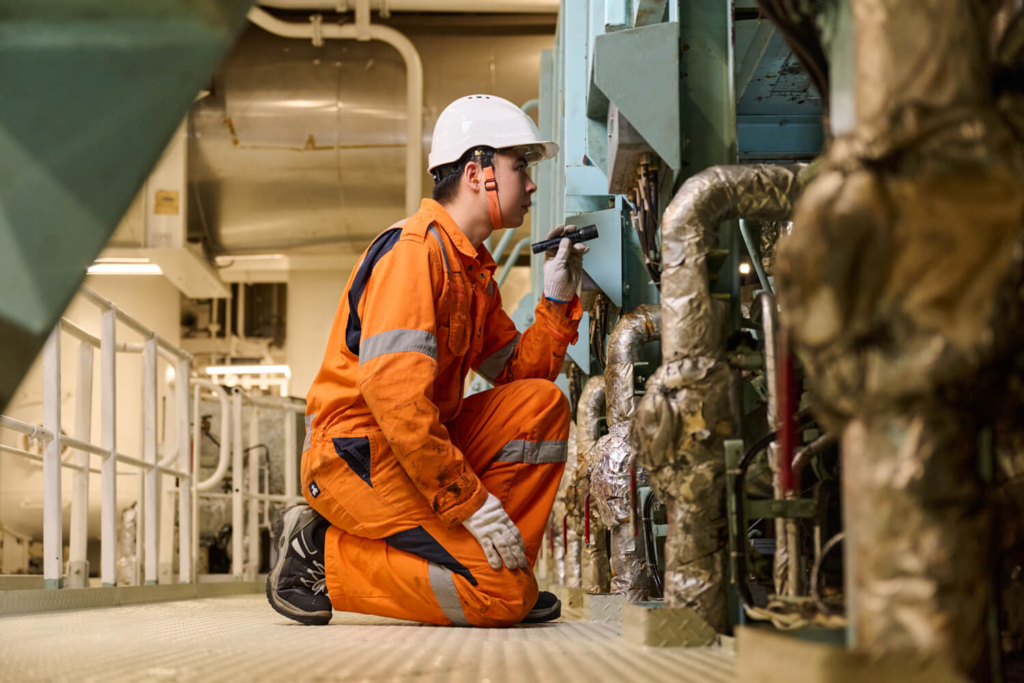
Compensation
Remuneration is an area we on a general basis know can be prone to DEI risks, both regarding decisions about base salary and other compensation elements.
- As salaries and bonuses are decided by leaders there is a risk of equal pay discrimination. Biases in performance and salary evaluations, and inadequate training in pay structures may affect reward decisions.
- There is a risk that new leaders may not have the necessary experience and knowledge to be able to fairly make reward decisions.
- Whilst we have a solid methodology to support job evaluation and compensation processes, there is a risk of inequality due to country market differences.
- Strengthening our total rewards capabilities to increase the rigour in our methodology and processes.
- Continuing to use and improve how we evaluate equal pay gaps.
- Ensuring consistent and high data quality in our people system.
- Internal peer review of compensation when bringing in new external hires.
- We have continued to use an external tool to simplify the equal pay analysis and any identified gaps are addressed in our salary review.
- Our new job evaluation assessment tool helps provide more accuracy and fairness in our job evaluation which indirectly links to identifying areas where there is potential market pay gaps, thereby improving our ability to attract and retain the best talent.
- With enhanced job evaluations and pay gap audits, we will continue to improve how we monitor, and measure pay disparities regularly.
- Provide further training and guidance to all leaders involved in relevant pay-related processes so they make fair pay decisions that they can explain to their people.
Development and Opportunities
We have a vast learning offering with e-learning and development programs, but there is a DEI risk in terms of who can benefit from the resources available.
- In some cases, the team structures, workload, or personal obligations present barriers to active participation in programs.
- There is an underlying bias when it comes to nominations and endorsements for programmes and internal opportunities from leadership perspectives.
- Due to the imbalance in diversity within teams, the best candidates for internal opportunities may come from the homogenous or majority group.
- There is a risk of people relying too heavily on their leader for development and opportunities.
- Lack of active interest in internal opportunities due to assumptions about who will be offered the role.
- The pool of candidates for project or short-term opportunities may be limited because there is no clear marketplace for them.
- Review our organisational structure and reporting lines to simplify how we make decisions and to reflect our diverse organisation.
- Encourage and support skills development for our people to prepare for the future business needs.
- Strengthen how we promote and place people into internal opportunities.
- 80% of all internal leadership vacancies were filled by women.
- We support our people in their development journey through the launch of a digital skills mapping tool. This has allowed employees to identify their strengths, see what skills they should develop in their function and create specific development plans.
- We continued to recruit Maritime Trainees with diverse background.
- Through our internal development programs for diverse global participants we continued to provide opportunities for personal and career development for new responsibilities and international assignments. There has been an increase from 75% in 2022 to 84% in 2023 in the percentage of people who perceive that they have opportunities for learning and development.
- The engagement score for growth and development has increased from 76% in 2022 to 81% in 2023.
- The learning hours in our digital learning platform have increased by 23%.
- Training our leaders to do the essential conversations with their people about performance, goals, and skill development have been focused on. As a result, our people’s perception of leaders supporting their career development has increased by 11% since the 2022 engagement survey.
Read more about how we support our people through learning and development initiatives here.
- Continue our progress in promoting diversity balance within functions by offering more development and mentoring opportunities available for all with specific focus and support for women.
- Update the approach to development program nominations.
- Review the internal development program offering to include additional relevant topics.

Representation
We have identified a risk of not having enough insights into the representation of various minorities among our population.
- Increased employee involvement in action planning to support DEI e.g. use of AMU meetings and other focus groups
- Promoted diversity through celebrating events such as Pride, WISTA, SHE
- We aim to publicly signal our commitment to gender equality by signing WEP’s principles. Our goal is to participate in public advocacy campaigns supporting the rights of women and partner with local or global organisations or other companies on gender equality and women’s empowerment.
- We will revisit our plans to implement an external DEI survey during 2024, to gain insights into the needs of our people who identify themselves within underrepresented.
Work Environment
All our locations have embedded our working arrangement policy of a minimum of three days in the office. However, there are still DEI risks as outlined below:
- With common global policies and compliance with local legislation there can be potential gaps in addressing the specific needs for diverse groups of employees e.g. caring responsibilities and parental leave
- The gender imbalance among functional roles leads to some work being performed more frequently by women, such as social events and administrative duties.
- We have maintained flexibility in our work arrangements in response to the result of our annual employee engagement survey
- We have invested more in social and wellbeing events such as Höegh Sports, monthly Coffee & Chat, and workshops.
- We aim to run continuous discussions and/or conduct surveys to female employees to determine if maternity leave benefits meet their needs. We will also boost communication in parental and caregiver benefits and services to all employees and notify them of any changes.

Harassment
Our industry is historically male dominated, and particularly so in certain roles and functions.
- The culture can make women or employees from certain groups be more vulnerable to several types of harassment or stereotyping in teams, projects, or events.
- Raising awareness of potential issues and giving different perspectives in coaching leaders in difficult situations.
- As a follow-up to the DEI pulse survey in 2022, we have made considerable progress in maximising the use of our confidential and anonymous grievance system, resolution process, and non-retaliation procedures.
- We ran “Integrity Days,” globally – interactive, and cross functional sessions where integrity and ethics in day-to-day business perspective is at core. The topics around harassment and discrimination were highlighted to further our 0 harassment records in the past years
- The collaboration pulse survey was launched and resulted in 85% response rate and overall positive collaboration scores. Based on the results, we gained insight into how we can further improve our global employee experience and address collaboration barriers.
- We want to progress in this goal through continuous communication and training on our compliance policies, procedures, and tools.
Overview gender balance
-
Board of Directors
Female: 43 %
Male: 57 %
Average age: 53.5
Nationalities: 4 -
The Executive team
Female: 25 %
Male: 75 %
Average age: 51
Nationalities: 4 -
Höegh all
Female: 47 %
Male: 53 %
Average age: 41
Nationalities: 24 -
Crew and officers
Female: 2.7 %
Male: 97.3 %
Average age: 35
Nationalities: 2
Prosperity
Höegh Autoliners is committed to deliver the best service to its clients and stakeholders, while ensuring compliance with ethical business principles, applicable laws, and environmental and community norms.
